Another expert area covered by key members of the FCRG concerns understanding bias, decision-making, investigative processes, and suchlike within courtroom and investigation settings. The areas include the biases that can affect witness testimonies, leading questions, line-up decisions, and ear-witness testimonies.
Recent published studies in this area include:
Recent poster presentations related this area include:
To replicate or conceal? Creating fairer lineups for multiple suspects with dissimilar distinctive features (Harris & Onwuegbusi, 2022)
